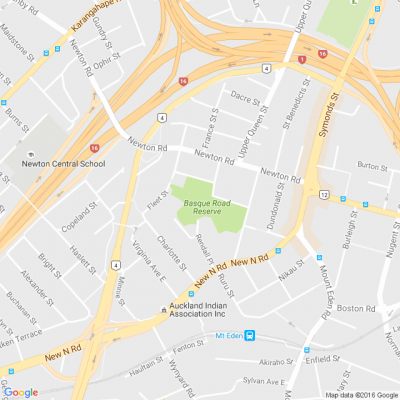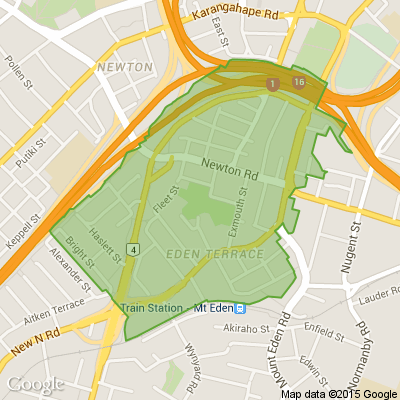The Guardian of the Forest - Day 25
In the heart of Aotearoa, nestled between rolling hills and misty forests, there lived a young Māori warrior named Tahu. He was known for his deep respect for the land, the trees, the birds, and the rivers that nourished his people. Tahu was not only skilled in hunting and combat but was also revered for his unwavering dedication to the customs and values of his iwi (tribe).
One day, Tahu discovered that a group of outsiders had been illegally taking wood from the sacred forest, a place known as Te Ngahere o Te Wairua. This forest was not just a source of resources but was the living embodiment of the ancestors’ spirits and the protector of the land. The elders had always taught that the forest must be respected and that only what was necessary for survival could be taken, and only with the blessing of the land’s guardian spirits.
Angered by the violation, Tahu knew that he had to act. He approached the tribe’s council and spoke of the need to protect the forest and uphold the values that had kept his people strong for generations. The elders, impressed by his commitment, bestowed upon him the responsibility of guarding the forest and teaching others the importance of kaitiakitanga (guardianship).
Days turned into weeks, and Tahu continued to patrol the forest, reminding the people of the stories and teachings that had been passed down. Yet, he knew that protecting the forest wasn’t just about confronting those who came with axes and saws, it was about instilling a sense of respect and understanding in others. He spoke of the ancestral spirits that watched over them and how they would only protect those who treated the forest as sacred.
One day, an outsider came to Tahu, seeking permission to take wood. Tahu, with a calm but resolute voice, told him, “Ko te tikanga ka tiakina e te tangata e tiaki ana i te tikanga. The values we uphold protect us, but only if we guard them with our actions.” The man, who had come for profit, was taken aback by Tahu’s words and the solemnity in his eyes. He realised that he had come to the forest not as a guest but as an intruder.
With newfound understanding, the man left and vowed to spread word of the forest’s importance to others. Over time, the message reached more and more people, and they began to see the forest not as a resource to exploit, but as a living being to respect. Tahu’s actions inspired not just his own iwi but all the tribes around them to practice kaitiakitanga and live in harmony with the land.
Moral of the Story:
The story of Tahu teaches us that "Ko te tikanga ka tiakina e te tangata e tiaki ana i te tikanga” — those who protect and uphold their values will find that those values will protect them in return. By living with respect and honouring the traditions and sacredness of the world, we invite protection and guidance, fostering a community bound by trust and
harmony.
Chapter Book and Tea Shop Jan-Feb 2026 Book Catalogue
📚 JAN-FEB 2026 BOOK CATALOGUE 📚
Welcome back and best wishes for 2026! The new year sees the arrival of lots of goodies including Ilona Andrews’ BEAST BUSINESS (Hidden Legacy Series—Novella), Mary Balogh’s REMEMBER THAT DAY (Ravenswood Series), Christine Feehan’s DARK JOY (Dark Carpathian Series), Jayne Ann Krentz’s THE SHOP ON HIDDEN LANE (Set in Fogg Lake), Lauren Palphreyman’s THE NIGHT PRINCE (Wolf King Series), Leigh Rivers’ INSATIABLE (Edge of Darkness Series), J.D. Robb’s STOLEN IN DEATH (In Death Series), Nalini Singh’s SUCH A PERFECT FAMILY and more. Enjoy your reading!
NB. We have temporarily sold out of Mary Balogh’s “REMEMBER THAT DAY” and we expect it to be back in stock in around two weeks’ time.
Check out the catalogue at
chapter.co.nz...
Please see p.2 for the:
• Order link for signed copies of Nalini Singh’s SUCH A PERFECT FAMILY
• Pre-order link for signed copies of Nalini Singh’s ARCHANGEL’S ETERNITY
• Details of the Romance Writers of New Zealand Short Story Contest sponsored by Chapter (in April 2026).
• Details of the Auckland Romance Readers Book Club Monthly Meetings and Auckland Romance Readers Book Club Facebook Group.
For Orders, Enquiries or to check instore dates:
✉️ info@chapter.co.nz ☎️ 09-6232319 📱 021-635027
NB. Chapter’s trading hours are Tue–Sun 10–4. We are CLOSED on Mondays.
#ChapterBookandTeaShop #Tea #TeaShop #Books #Bookshop #RomanceBookshop #RomanceFictionSpecialist #BiMonthlyBookCatalogue

Poll: 🤖 What skills do you think give a CV the ultimate edge in a robot-filled workplace?
The Reserve Bank has shared some pretty blunt advice: there’s no such thing as a “safe” job anymore 🛟😑
Robots are stepping into repetitive roles in factories, plants and warehouses. AI is taking care of the admin tasks that once filled many mid-level office jobs.
We want to know: As the world evolves, what skills do you think give a CV the ultimate edge in a robot-filled workplace?
Want to read more? The Press has you covered!

-
52.7% Human-centred experience and communication
-
14.8% Critical thinking
-
29.5% Resilience and adaptability
-
3% Other - I will share below!
Brain Teaser of the Day 🧠✨ Can You Solve It? 🤔💬
Make a hearty dish. Take just half a minute. Add four parts of kestrel. Then just add one. What have you made?
(Trev from Silverdale kindly provided this head-scratcher ... thanks, Trev!)
Do you think you know the answer? Simply 'Like' this post and we'll post the answer in the comments below at 2pm on the day!
Want to stop seeing these in your newsfeed? No worries! Simply head here and click once on the Following button.







 Loading…
Loading…